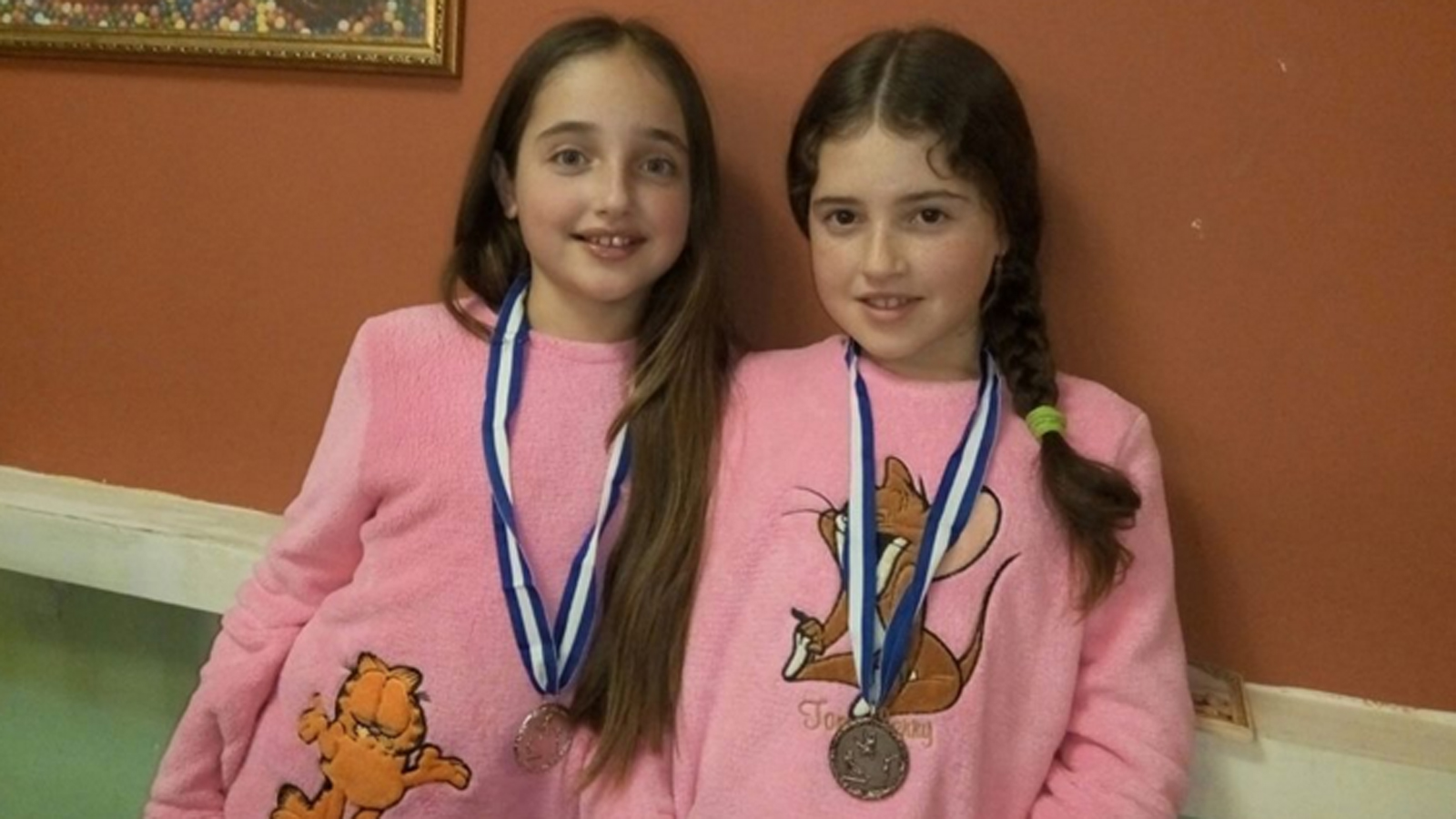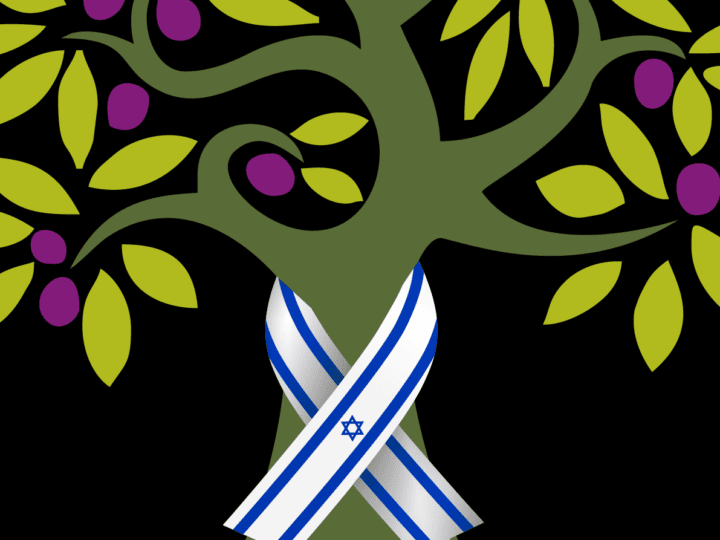Hugs tend to make everyone feel better. And Natan Meir, whose wife, Dafna, was murdered by a terrorist on January 17, knew that his two pre-teen daughters needed a big hug.
On February 1, 11-year-old Noa and her 10-year-old sister Ahava competed in a local gymnastics competition in the Otniel community where they live. Of course, they were delighted when they won second and third place for their routines.
Two other mothers, beloved neighbors, escorted Noa — whose name means movement and is also the name of one of the five daughters of Zelophehad in the Bible — and Ahava, whose name means love, to the competition.
But Natan posted on Facebook later in the day that their happiness was overshadowed by grief after they returned home and couldn’t get the hug they really wanted, from their mother.
“In the evening, the crying began – mom didn’t get to see this win. Where was mom’s hug? Why wasn’t she here to see?” he wrote in a public Facebook post.
So Natan set out to get the girls a great big hug from all of Israel.
“I offered to post a photo of them with their medals so that they could get a warm and loving hug from the people of Israel,” he wrote.
Within 12 hours, Natan’s post fielded some 30,000 likes and thousands of comments. (The numbers are constantly rising.)
Comments included: “Bravo on a great achievement. Sending you warm hugs,” “We’re proud of you,” “Champions, your mother is watching over you,” “Mazal Tov girls! All of Israel is proud of you and your whole family,” and many similar sentiments.
Israelis are known for caring for one another and being the first to respond in times of emergency. And social media has further fueled amazing heartwarming reactions by Israelis to Israelis.
In 2015, hundreds of people answered a Facebook call to help a widower sit shiva and make up a mourner’s quorum; and some 2,000 people dropped everything to liven up a depressingly small wedding reception after a Facebook post in real-time requested additional celebrants.
In 2014, more than 50,000 Israelis answered social media calls to ensure that lone soldiers would receive honorable burials during the summer’s war.
















